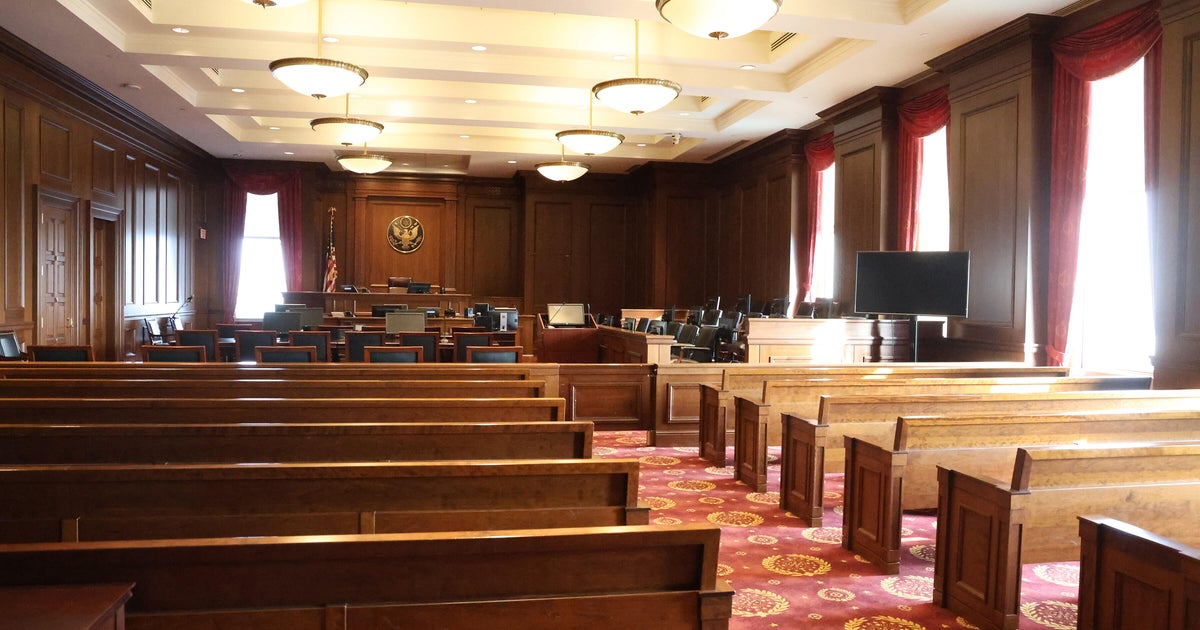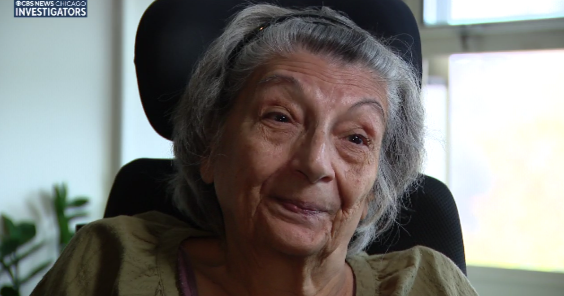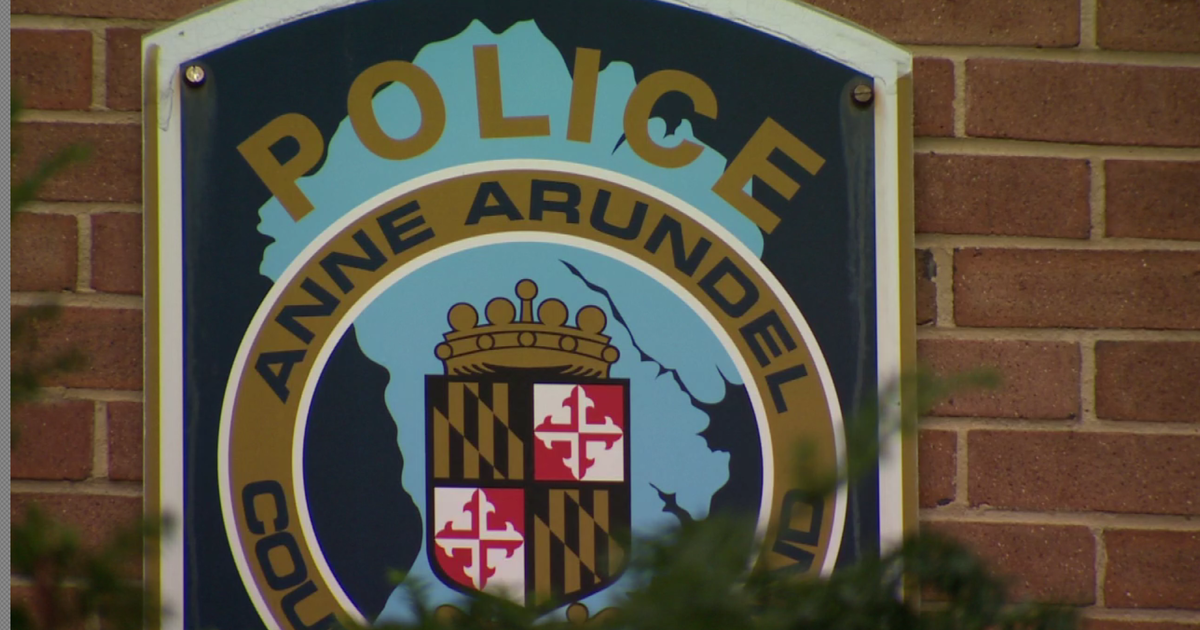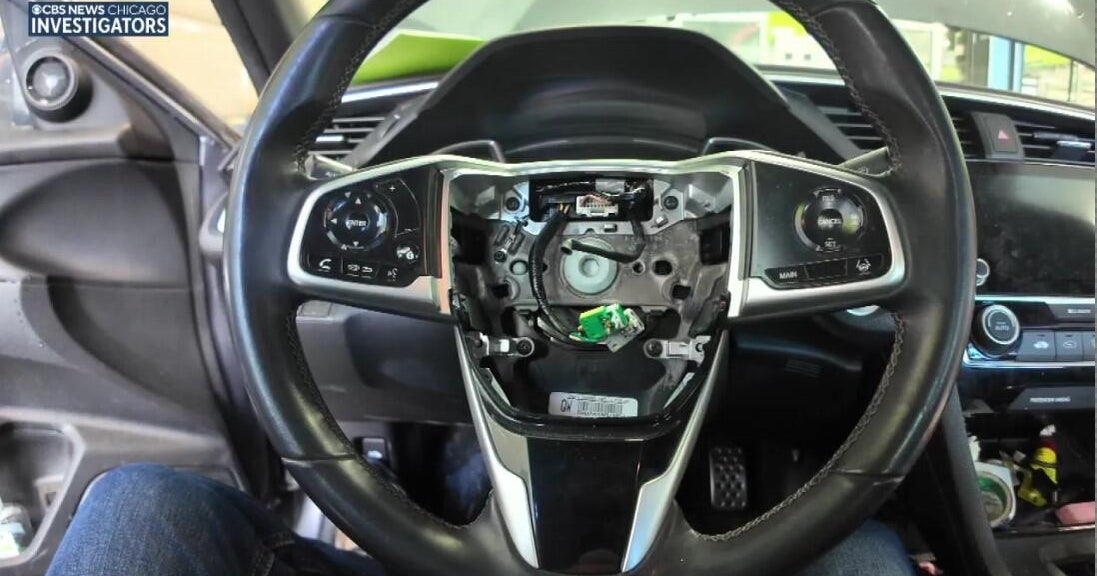National Consumer Protection Week: Selling Online
BOSTON (CBS) - Thinking of selling your car or some other valuable item through a classified ad or online?
Beware of the bogus cashier check. You sell your car to this nice person that answered your ad, but you know enough about fraud so you ask for a cashier's check when they pick up the car.
They show up with a cashier's check, you sign over the title and they drive off. You run to the bank and deposit the check. A week later you are notified that the check bounced because it was counterfeit. Your car was just stolen.
According to the folks at FTC, there is another similar scam to beware of as well; someone responds to your ad and offers to use a cashier's check or personal check to pay for the item you are selling. So far it sounds good, but then the buyer comes up with a reason for writing the check for more than the purchase price and asks you to wire back the difference after you deposit the check. You deposit the check and wire the funds back to the "buyer."
A week goes by and the check bounces. They got you on three fronts; your car has been stolen, your money has been stolen and you are liable for the overdraft.
So how do you prevent this from happening to you?
- Know who you're dealing with. Ask for identification from the buyer.
- Don't accept a check for more than your selling price, no matter how tempting.
- Deal locally. Sell to the kid down the block. Put your ad in a local paper rather than Craig's list.
- Always ask for cash if the amount is under $10,000.
- If you accept payment by check, ask that the cashier's check be from your bank or a local bank. That way, you can make a personal visit or call to make sure the check is valid. If that's not possible, call the bank where it was purchased and ask if the check is valid. Get the bank's phone number from directory assistance or an Internet site that you know and trust, not from the person who gave you the check.
- If the buyer insists that you wire back funds, end the transaction immediately.
- Consider an alternative method of payment. As a seller, you can suggest an escrow service or online payment service such as PayPal. If the buyer insists on using a particular escrow or online payment service you've never heard of, check it out.
One more thing: If you think you've been targeted by a check overpayment scam, Call the Attorney General's office, your local police and file a complaint with the Federal Trade Commission 1-877-FTC-HELP (1-877-382-4357).
More scams: Beware of the e-mail with a heading that reads: IRS Notification. Please Read This. It says you have a tax refund waiting for you. It looks official and you begin to wonder if you messed up your return. They ask for your bank account number or credit card number so you can get the refund on your Visa or Master card. Don't! The IRS would never contact you via e-mail.
If you get an e-mail claiming it is from a hit man and for $30,000 he will spare your life. Do not respond. That will validate your address. Call the FBI and report it 617-742-5533. The phones are staffed 24 hours.
Kidnapping: Beware of the e-mail that states that they have kidnapped your kid. They have an attachment that claims to be a family picture. If you click on the attachment it will unleash a computer virus designed to steal your passwords and gain access to online bank accounts and other personal information. Call the school to make sure your child is where they should be.
Granny Scam: Someone calls in the middle of the night and the line is full of static and they are upset. They start off with "Grandma it's me". They have been arrested or had a car accident and they need money for bail and help to get home. They don't want you to tell their parents. So the grandparent wires money. Far fetched? It's happening in Worcester and my sister in Connecticut has had neighbors who fell for it.
Security Code: A scam that is going around is someone will call and identify themselves as an employee of your credit card company and they will tell you there has been some unusual activity on your card such as someone buying a flat screen TV.
They offer to issue you a credit and then they ask you to confirm that you are in possession of the card by giving them the security code on the back of the card. The last 3 numbers! They had already stolen your card number but did not have the numbers on the back. Now they can get online and shop till they drop. And you may not notice activity on your card until you get your bill or are told you are over your limit.
Mortgage Rate: Another scam making the rounds is a call from someone stating they are from your mortgage company and offering you a better rate. You take the bait and ask what the lower rate is but they can't give it to you unless you give them your social security number and bank account numbers to be sure you match their records.
Jury Duty: You get a call telling you failed to show up for jury duty and they are issuing a warrant for your arrest. They ask you for your social security number, address, legal name etc. Do not, I repeat, do not fall for that and do not give out your social security or account numbers to anyone who calls you!
Resume Online: Someone calls claiming to be a recruiter with the right job. They want to do a security check on you first. They ask for your Social Security number. They have all of the information they need. Your address, phone number, work, education histories and now your Social Security number. Check that the recruiter is for real.
Renting A Vacation Home: Beware of renting a vacation property directly from an owner. The property may not exist or it may be a scheme to get money or personal information about you such as your credit card number.






